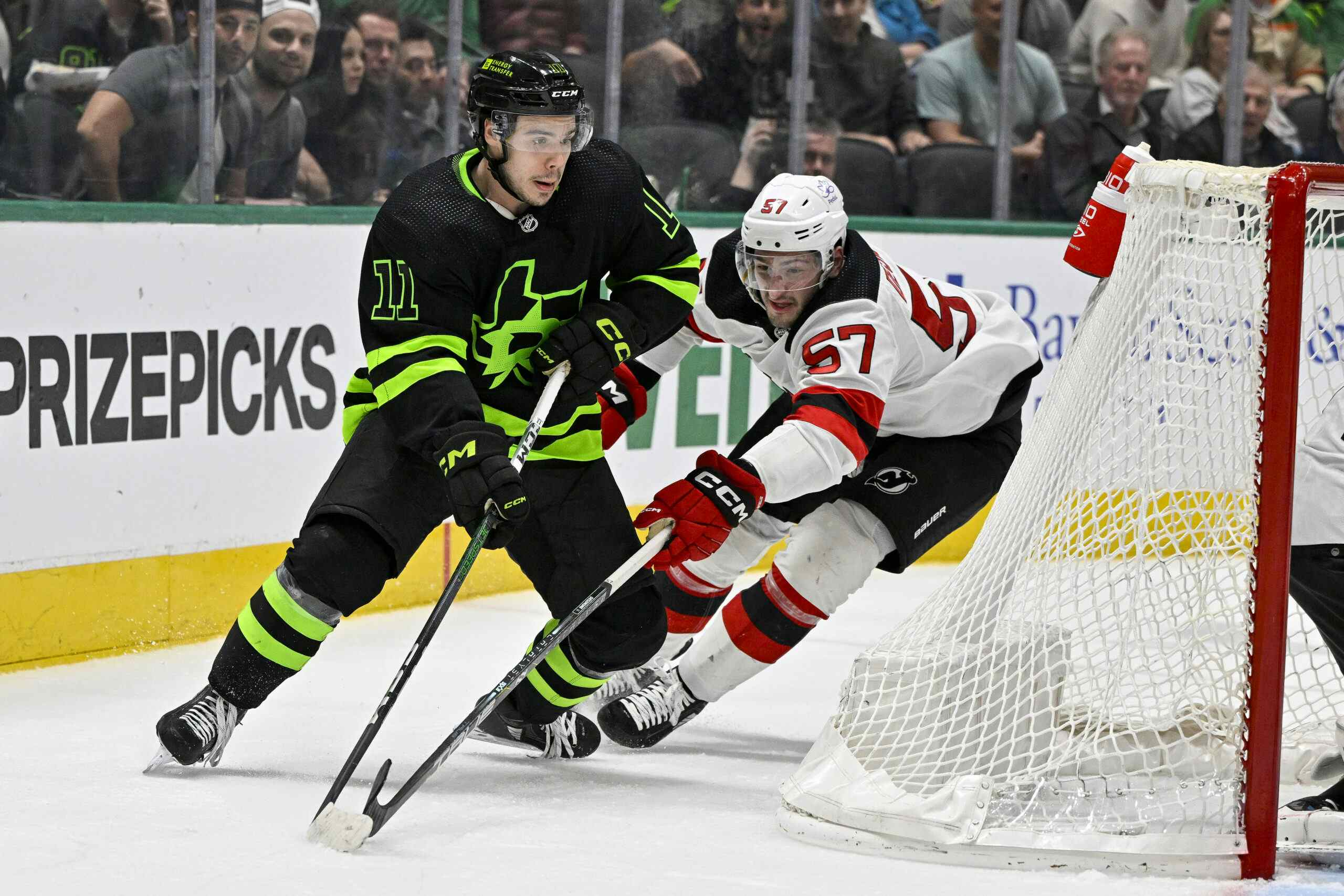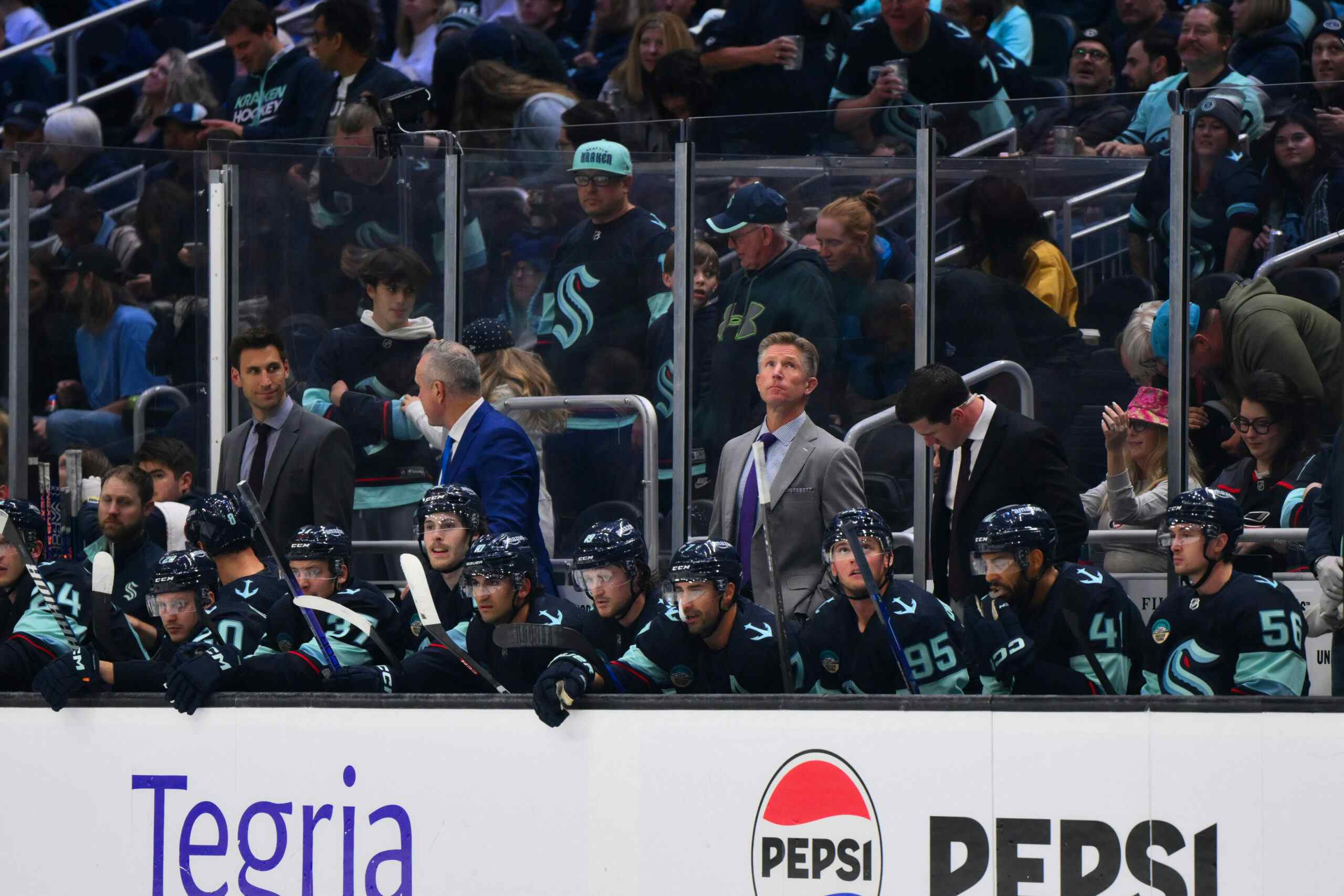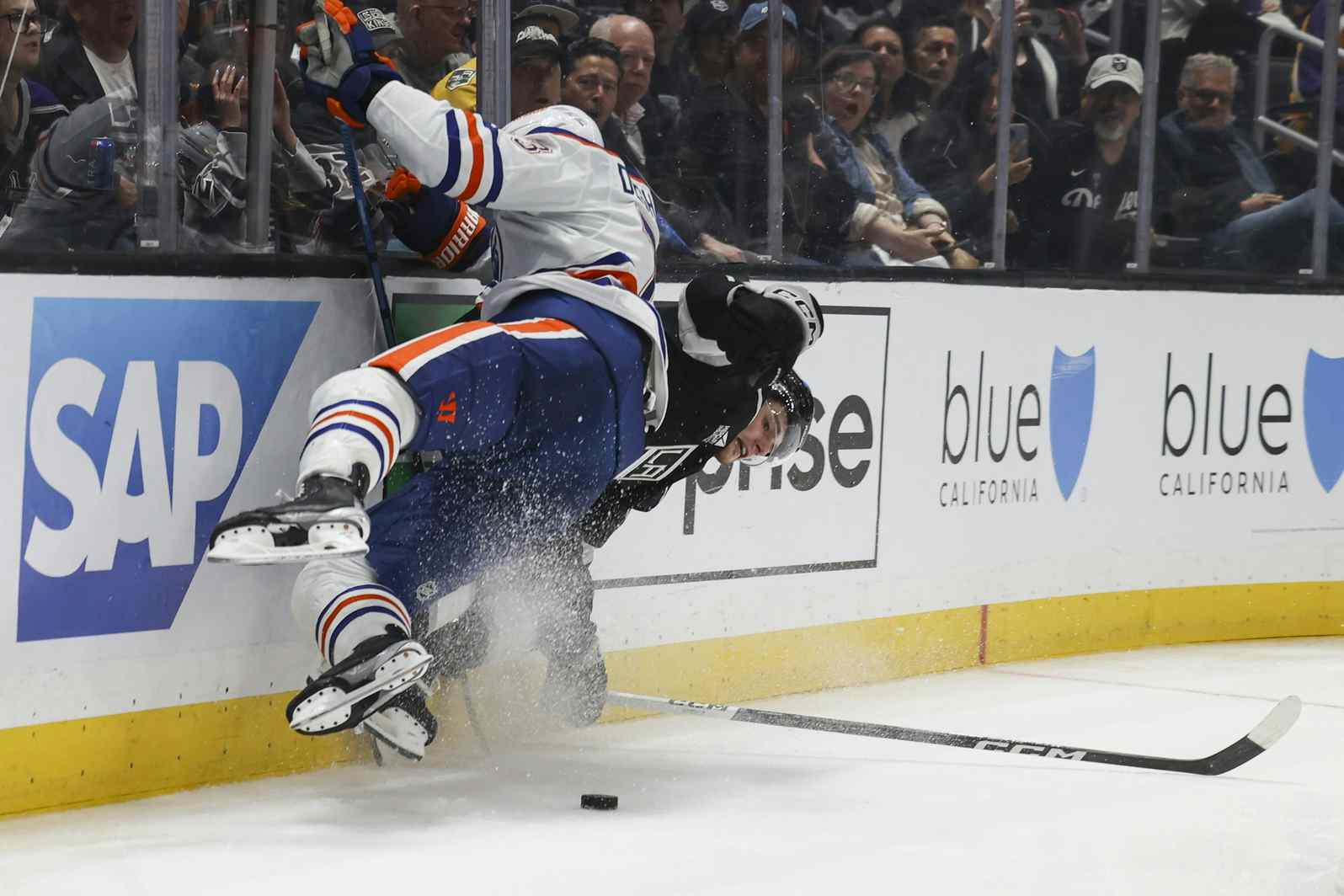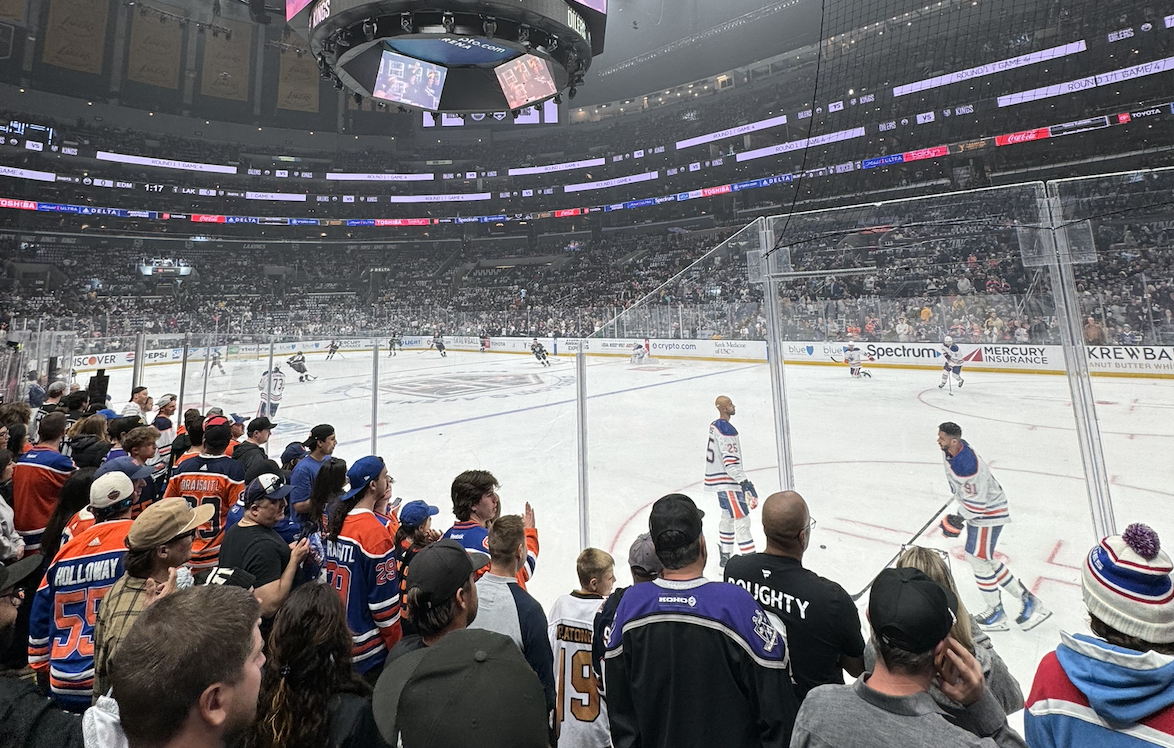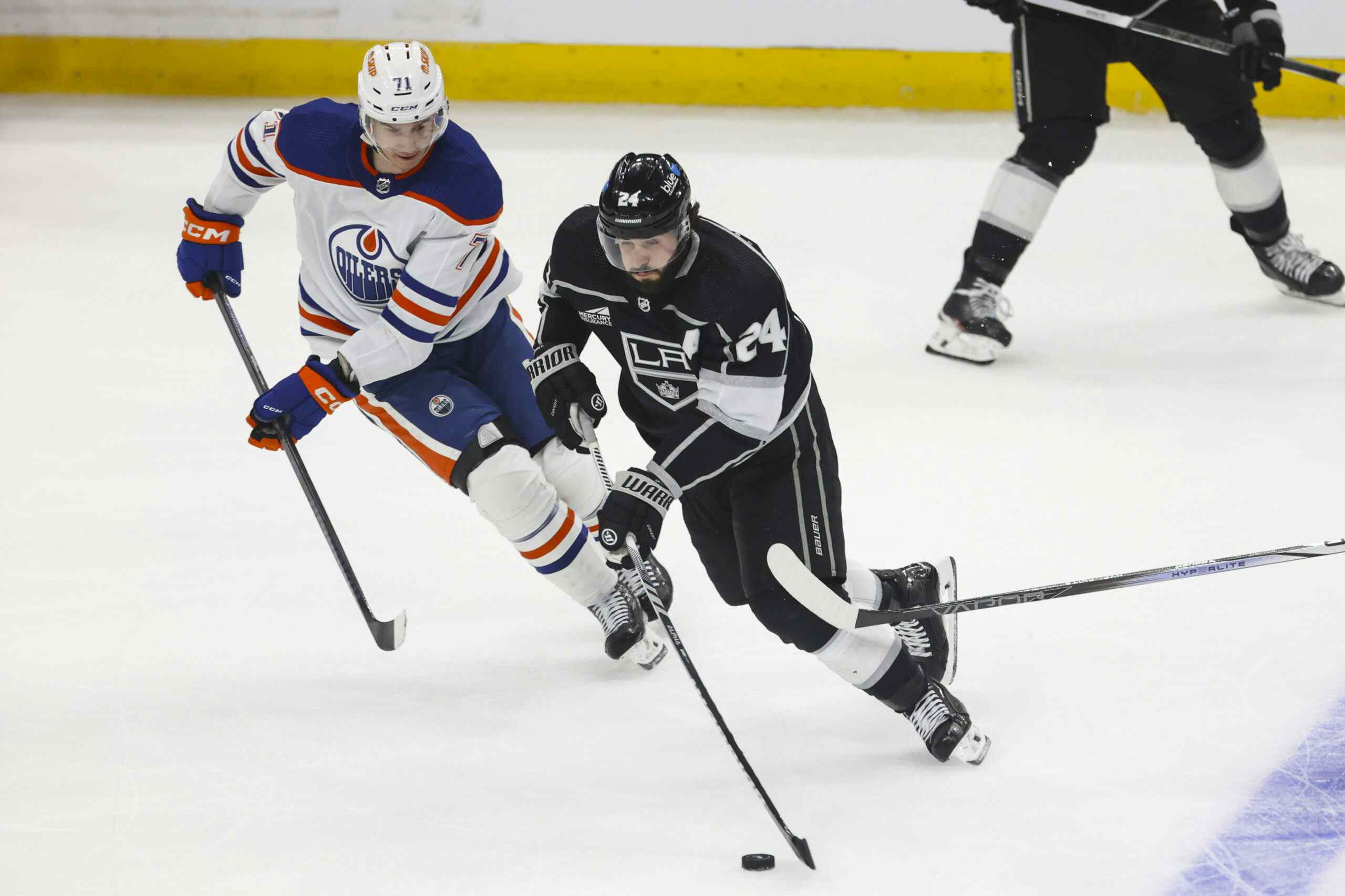Are negotiations on this collective bargaining agreement going better or worse than they went in 2004?

The collective bargaining agreement between the NHL and NHLPA is slated to expire on September 15, 2012. The league and players’ association have until then to negotiate the details on a new agreement, or else the possibility exists that the 2012-13 season will not begin on time. How are things looking so far?
Delays and cancellations have been the unfortunate trend with these sorts of negotiations. In 1994, the push by the owners to implement a salary cap led to protracted negotiations and a lockout; the NHL only played a 48-game season that year. Still, that was better than what happened when that CBA expired on September 15, 2004. The entire 2004-05 season was wiped out and the parties were unable to come to an agreement until July 13, 2005.
With the current CBA expiring this fall, are negotiations going better or worse than they went in 2004?
Though it’s hard to tell from the outside, it would appear things are going better.
The players and owners didn’t begin talks until June 29, after the season had ended and the players’ association was ready to begin negotiations. Despite the late start, it seems both sides are working quickly now – on Friday, both sides released optimistic-sounding statements after meeting three times in a week. Negotiations will continue this week in Toronto.
That “level of engagement” (to use NHL deputy commissioner Bill Daly’s term) stands in contrast to what was happening in 2004.
In 2004, the league and players’ association met on May 25, and then took nearly two months before meeting again on July 21. After the May meeting, NHL commissioner Gary Bettman was diplomatic but made it plain that the owners wanted an overhaul of the NHL’s financial system. ESPN’s Jim Kelley summarized the state of affairs this way:
With just slightly more than three months left until the current collective bargaining agreement expires on Sept. 15, no substantial progress is being made. No future meetings are on the immediate schedule, and the only thing that appears to have come out of a half day of talks Tuesday is that both sides understand each other’s position… Both sides have aligned their forces for the showdown that is upon them. To even blink, let alone step back in hopes of moving in a new direction, would be perceived as a sign of weakness, the first step down the road to failure.
At the July meeting, the league presented six proposals – all of them featuring some sort of salary cap. Ted Saskin, then the senior director of the NHLPA said that those proposals “didn’t provide us with any basis for any progress at this time.”
The negotiations would also seem to be going better than they did back in 1994. At that time, the league and the NHLPA met in March and then not again until August. The situation was a little different because the 1993-94 season had gone ahead despite the lack of an agreement between the owners and players. Still, at the end of the August talks the players were talking about the possibility of a strike while commissioner Bettman was openly lamenting the lack of progress between the two sides.
While the players and the league meeting repeatedly in early July doesn’t guarantee that the 2012-13 NHL season will start on time – the possibility of a delayed or even canceled season is still quite real – it’s a very good sign, and a much better state of affairs than the one that existed in either 1994 or 2004. The fact that the NHL is not looking to implement a salary cap, as they hinted in 1994 and succeeded in doing in 2004, is another big positive: the most contentious issue from the last two negotiations was eliminated before talks even began.
This week by Jonathan Willis
- Sam Gagner heads to salary arbitration
- Tom Renney joins the Detroit Red Wings
- Why not Michal Rozsival?
- Have the Edmonton Oilers done enough?
- Wild sign Parise and Suter – how much better will they be?
- Was Justin Schultz leaving the Ducks unfair?
- Steve Tambellini on the Oilers now and in the future
- Bargain signing: Guillaume Latendresse goes to Ottawa
- Bargain signing: Brad Boyes joins the Islanders
- Darcy Hordichuk re-signs in Edmonton
- Ray Whitney signs with the Dallas Stars: Two years, $9.0 million
- Ryan Smyth re-signs with the Edmonton Oilers
- Free agency: It’s a $70 million cap world, now.
Recent articles from Jonathan Willis

